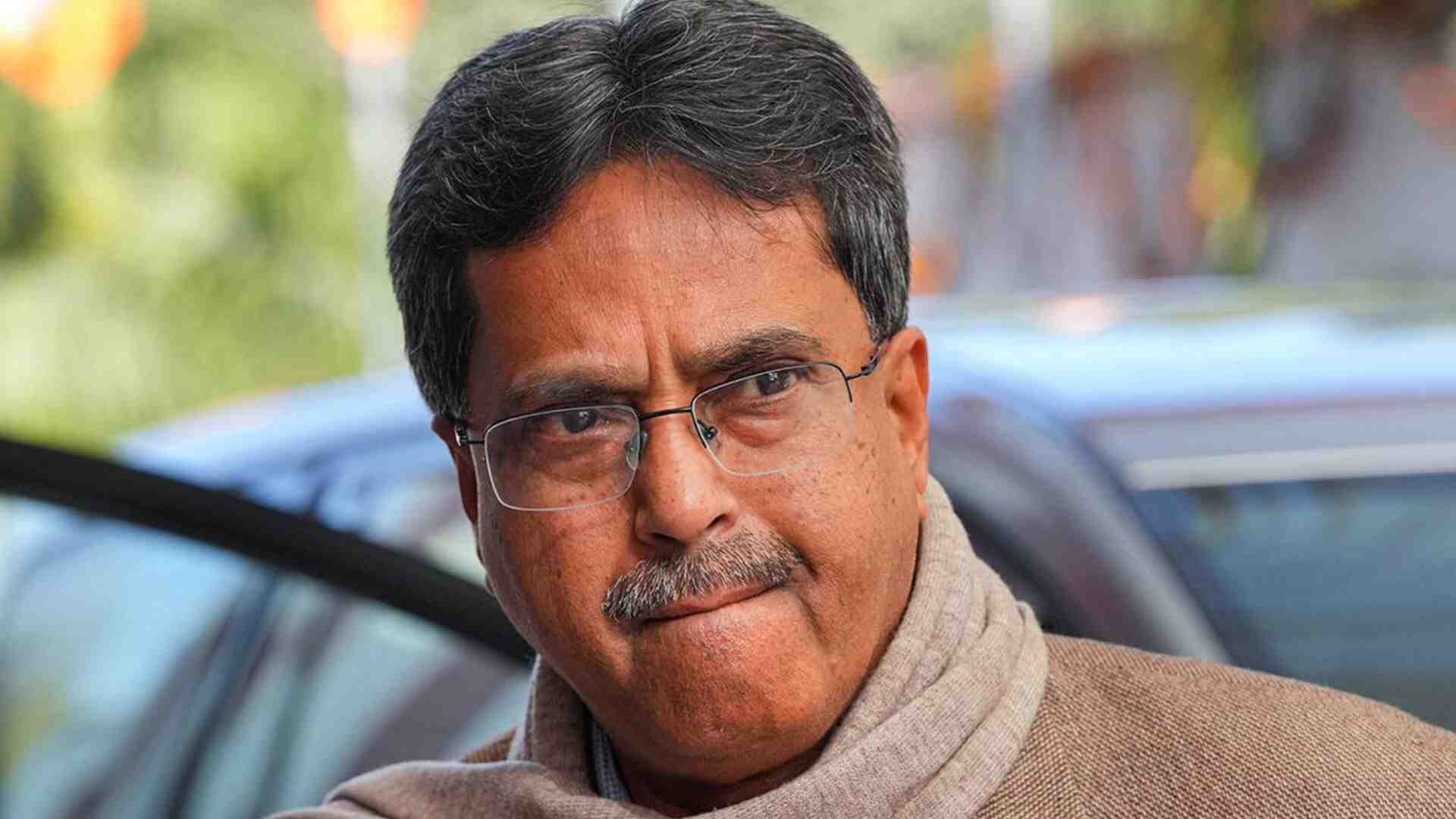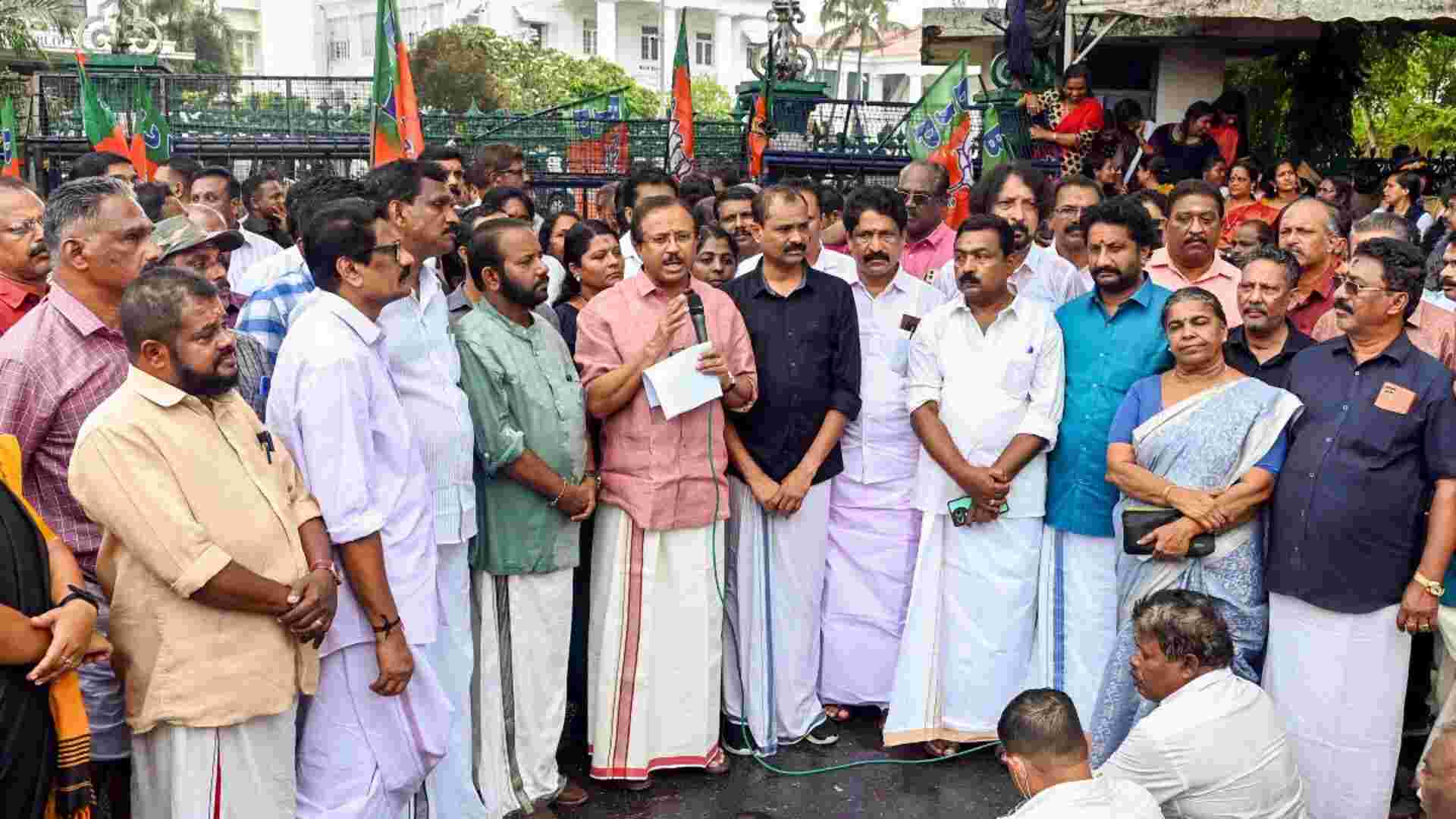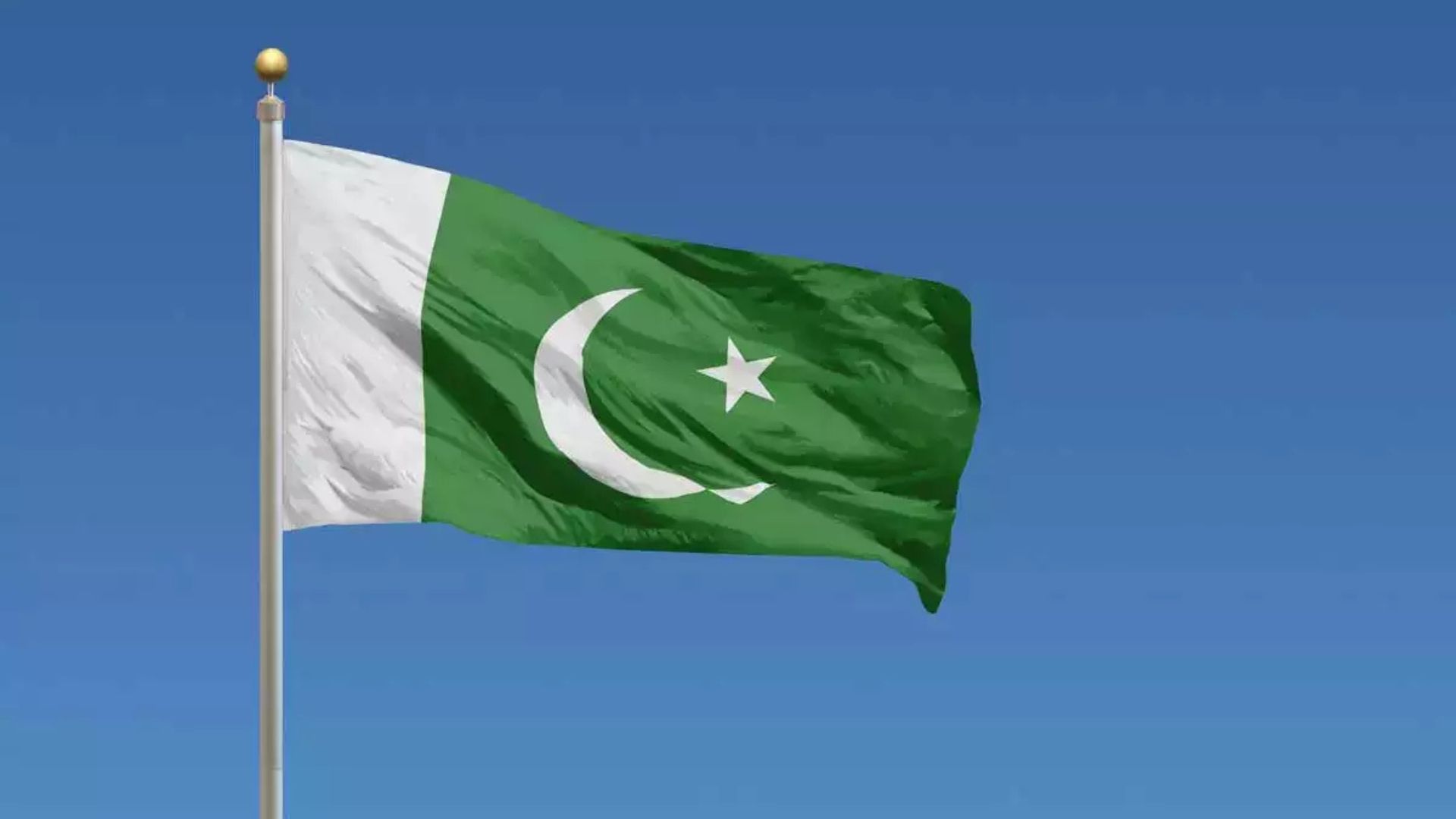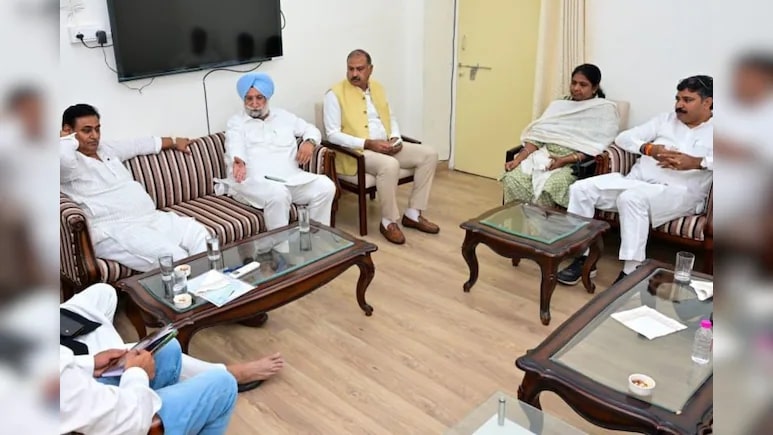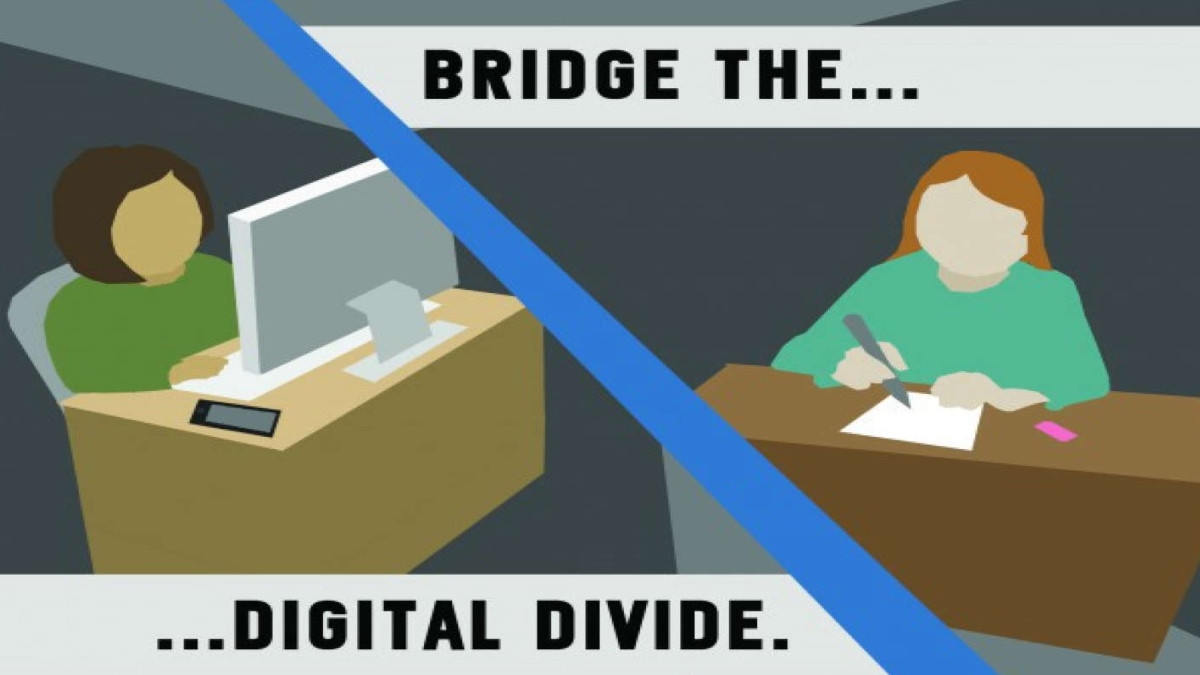
‘India is working towards bridging digital divide in Africa and has adopted an approach that facilitates development of human capital in the continent with the larger objective of harnessing socio-economic growth”, mentioned V Muraleedharan, Hon’ble Minister of State for External Affairs & Parliamentary Affairs, Government of India while addressing the Inaugural Session at the 2nd edition of the India Africa Higher Education and Skill Development Summit organised by Confederation of Indian Industry in partnership with Ministry of External Affairs, Government of India today.
Muraleedharan elucidated that India is best positioned to partner Africa as we can offer affordable and high-quality education and skill development opportunities and make the young population employable and allow them to participate in growing economies of African countries. Elucidating on the strong Indo-African partnership in the domain of higher education and skill development, the Minister stated that capacity building and providing higher education opportunities with for the socio-economic development of our partner nations is a major element of our Foreign Policy.
India has long standing ties in education with Africa and over 2000 Indian faculty members have been involved in teaching and research activities of Ethiopian nations. Further, defence academies and colleges are being set up in nations like Nigeria and Tanzania. With a view to promote students from African nations to study in India, several initiatives have been undertaken like the Study in INDIA, ITEC programmes, Sir C V Raman Scholarship, collaboration of Department of Science & Technology with the World Bank to develop centres of excellence in African countries and the launch of e-VidyaBharti and e-ArogyaBharti Project, among others.
Dr Sarah Ruto, Chief Administrative Secretary, Ministry of Education Republic of Kenya, emphasised that Kenya is working towards the implementation of the 2030 Agenda of Sustainable Development Goals with a special focus on select education-based SDG Goals. She mentioned that Kenya has a competency-based curriculum to meet the rising demands for tertiary education and there is focus on alumni network funding as well as partnerships to promote skill development.
Buti Kgwaridi Manamela, Deputy Minister of Higher Education, Science & Innovation, Government of Republic of South Africa informed that a bilateral cooperation treaty is being negotiated in education for exchange of students as well as to share best practices. He added that forums like IBSA and BRICS have also provided opportunities to address the developmental needs of the nations.
Dame Diop, Minister of Employment, Vocational Training, Apprenticeship and Inclusion, Government of Republic of Senegal informed that the Plan for an Emerging Senegal (PES) which harmonises national policies particularly for human capital development and vocational training is a major step towards promoting employability. The Minister commended India for committing 130 million Rupees to Senegal to create science and technology institutes.
Dr Douglas Letsholathebe, Minister of Tertiary Education, Research, Science and Technology, Government of Republic of Botswana highlighted that the commonality of English language based higher education system offers scope for greater cooperation between the countries. The Minister stated that the Botswana Vision 2036 aims at transformation from a resource-based to an all-ingredient knowledge-based economy focussing on education, training, and human resource development systems. Expressing the commitment to the youth, Botswana has joined the Generation Unlimited initiative as a leader thereby, playing a crucial role in forging multisector partnerships across geographies to provide greater access to skilling and livelihood opportunities.
S Kuppuswamy, Co-Chair, CII Africa Committee & Advisor-Group Finance & Special Projects, Shapoorji Pallonji Group, said that the Indo-African collaboration has strengthened in the post pandemic era as the nations are collectively focusing on new age learning models and enhancing the role of technology in education. Emphasizing on the strong multilateral cooperation with Africa, it was highlighted that one of the most popular programs, the Study in India commonly called EDCIL offered by Ministry of Education offers around 900 scholarships to African students to study in India and Indian universities are also investing in promoting their services to the African community.
The two day Summit organised in partnership with Ministry of External Affairs, Government of India will focus on Online education, Study in India and Skills Development programmes. Over 6 ministers from Africa and India participated at the Summit and event saw online registration of 600 delegates from India and Africa.
